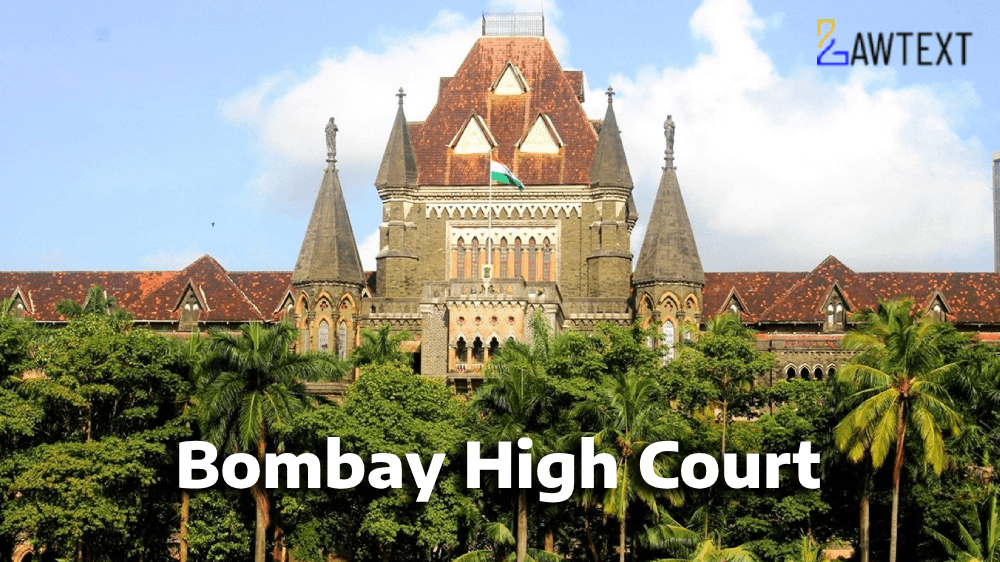"High Court Upholds Dismissal of Workers Without Inquiry Amidst Illegal Strike" "Employer Justified in Termination Without Inquiry; Labour Court Permits Evidence on Unlisted Misconduct"

CASE NOTE & SUMMARY
The Bombay High Court addressed the dismissal of 22 ex-employees for their participation in an illegal strike and other misconduct. The court upheld the decisions of the Labour and Industrial Courts, which had earlier rejected claims of unfair labor practices by the petitioners. The main legal issue was whether the employer could terminate employees without holding a domestic inquiry and later justify the termination by leading evidence before the court. Both courts allowed the employer to present evidence of misconduct, even beyond the reasons specified in the termination letters, including allegations of physical assault against company officials. The High Court confirmed that the dismissal was lawful, citing settled precedents that permit such actions under certain conditions.
-
Background (Paras 1-2):
- Ex-employees of M/s. Advani Oerlikon Ltd. challenged their termination, alleging unfair labor practices. The Labour Court's dismissal of their complaints was upheld by the Industrial Court, and the petitioners brought the case to the High Court.
-
Unions and Strike (Para 3):
- Two unions represented the workers at the company. A strike commenced following failed negotiations over a wage settlement. While the union claimed it was a peaceful protest, the management alleged an illegal strike accompanied by acts of violence.
-
Termination (Para 4):
- The company terminated the services of workers without holding an inquiry, citing their participation in the illegal strike and misconduct at the factory gates, where they allegedly intimidated other workers.
-
Labour Court Rulings (Para 5):
- The Labour Court dismissed all complaints, holding that the terminations did not constitute unfair labor practices under the Maharashtra Recognition of Trade Unions and Prevention of Unfair Labour Practices Act (MRTU & PULP Act), 1971.
-
Legal Arguments of the Petitioners (Paras 6-7):
- The petitioners argued that their termination without an inquiry violated natural justice principles. They denied participation in the illegal strike and claimed that management's actions were intended to silence their legitimate grievances.
-
Management's Defense (Paras 8-9):
- The management justified the terminations, pointing to the workers' participation in the illegal strike and evidence of intimidation and violence. The Labour Court allowed the employer to lead evidence supporting their case.
-
Legal Precedents (Paras 12-13):
- The High Court considered several precedents, including Workmen of Motipur Sugar Factory vs. Motipur Sugar Factory, which confirmed that an employer can justify termination by presenting evidence in court, even if no domestic inquiry had been held.
Acts and Sections Discussed:
- Maharashtra Recognition of Trade Unions and Prevention of Unfair Labour Practices Act, 1971 (MRTU & PULP Act):
- Sections dealing with unfair labor practices, including Items 1(a), (b), (d), (f), and (g) of Schedule IV.
- Industrial Disputes Act, 1947:
- Related principles on domestic inquiries and employer rights in termination cases.
- Constitution of India:
- Article 227: Supervisory jurisdiction of the High Court.
Ratio Decidendi:
- Justification Without Inquiry: It is permissible for an employer to terminate employees without conducting a domestic inquiry and later justify the termination in court by leading evidence.
- Evidence on Additional Misconduct: The employer can present evidence regarding misconduct not mentioned in the termination letter, as long as it pertains to the overall justification for termination.
Subjects:
#LabourLaw #UnfairLaborPractices #IllegalStrike #TerminationWithoutInquiry #NaturalJustice #IndustrialDispute
ISSUE OF CONSIDERATION
Maruti Krishana Naik and Others Versus M/s. Advani Oerlikon Ltd. and Anr.
Citation: 2024 LawText (BOM) (10) 224
Case Number: WRIT PETITION NO.2052 OF 2006
Date of Decision: 2024-10-22
Case Title: Maruti Krishana Naik and Others Versus M/s. Advani Oerlikon Ltd. and Anr.
Before Judge: SANDEEP V. MARNE, J.
Advocate(s): Mr. Rahul Kamerkar with Ms. Aparajita R. Jha for the Petitioner. Mr. Kiran S. Bapat, Senior Advocate with Mr. Gaurav S. Gawande i/b. M/s. Desai & Desai Associates for the Respondents.
Appellant: Maruti Krishana Naik and Others
Respondent: M/s. Advani Oerlikon Ltd. and Anr.

